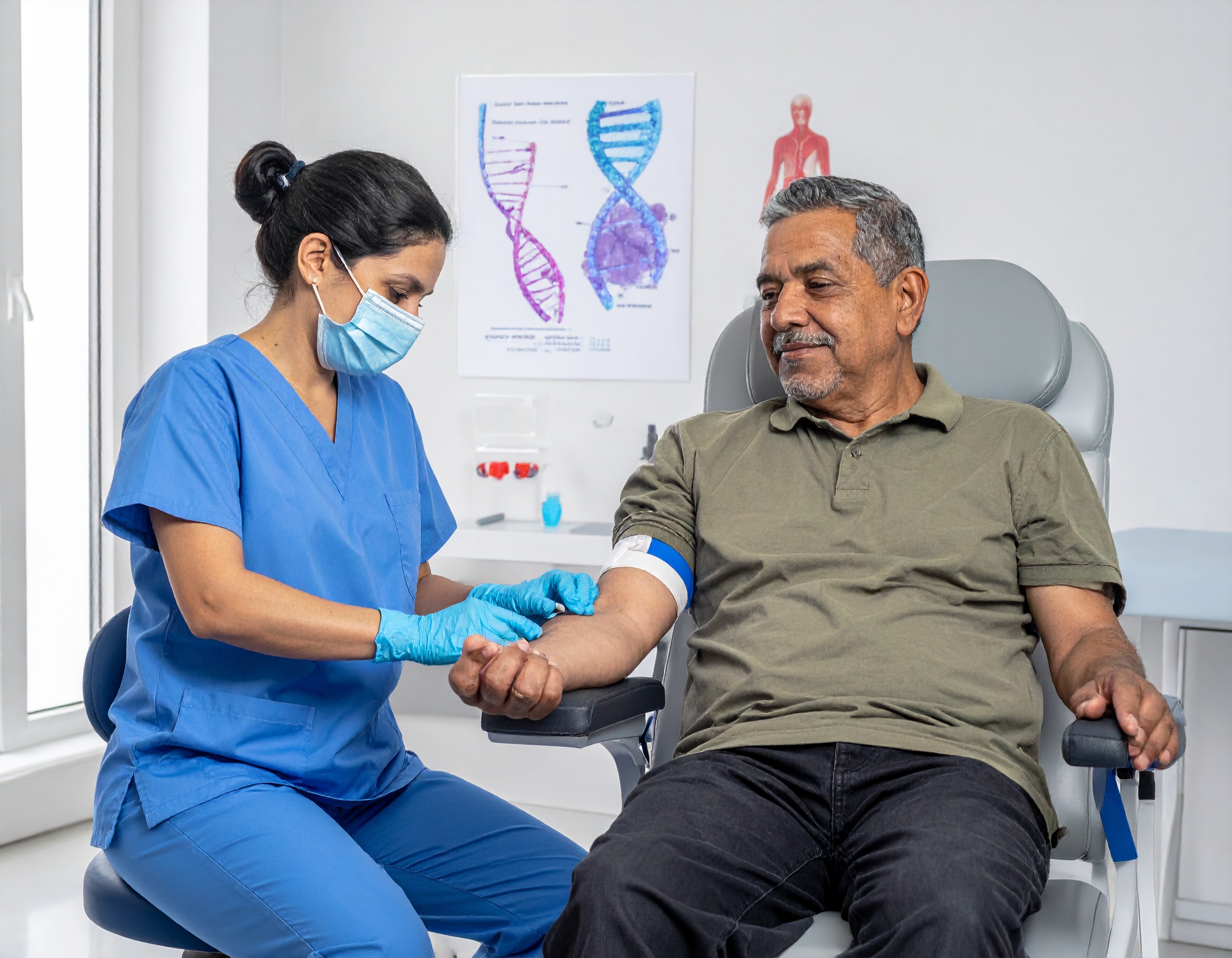Groundbreaking Single Blood Test Could Detect Dozens of Cancers in Over-50s

A revolutionary blood test capable of detecting more than 50 types of cancer is being trialled in the UK, offering hope for earlier diagnosis and potentially saving thousands of lives each year. The test, called Galleri and developed by US-based biotechnology company Grail, identifies tiny fragments of tumour DNA in the blood, allowing cancers to be detected before symptoms appear.
The trial currently involves over 140,000 NHS patients aged 50 to 77, with results expected next year. If successful, the test could one day be offered annually to all adults over 50 as part of a national cancer screening programme.
Recent data from the United States, involving 36,000 adults, showed promising results. The test correctly identified cancer in 43% of cases where disease was present, significantly outperforming existing screening programmes, which typically detect cancer in only one in ten suspected cases. Furthermore, the test accurately ruled out cancer in 99.5% of people without the disease and correctly pinpointed the organ or tissue of origin in 88% of cases.
Sir Harpal Kumar, Grail’s President of International Business and Biopharma and former CEO of Cancer Research UK, said:
“This innovative blood test could save a substantial number of lives in the UK. Early detection is critical, and the Galleri test has the potential to transform cancer outcomes by identifying disease before symptoms develop, enabling faster treatment and improved survival rates.”
He added:
“Cancer is a major burden on the NHS, society, and the economy, and it’s projected to increase by a third over the next 15 years. The UK has historically lagged behind countries like Australia, Canada, and the Nordic nations in cancer survival rates. This test represents a significant step towards closing that gap.”
Experts believe that a national rollout of universal cancer screening using the Galleri test could be possible within the next decade. Research suggests that annual blood testing could prevent up to half of cancers from reaching advanced stages, potentially saving thousands of lives and reducing the strain on the NHS.
The trial is also evaluating whether simple blood tests can improve survival outcomes by detecting cancers at an earlier, more treatable stage. If successful, the UK could become the first country in the world to implement this cutting-edge technology at a national scale, setting a new standard in cancer prevention and early detection.
This breakthrough aligns with the NHS and public health goals to enhance early cancer detection, improve patient outcomes, and reduce healthcare costs associated with late-stage cancer treatment.

